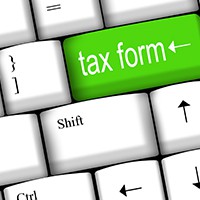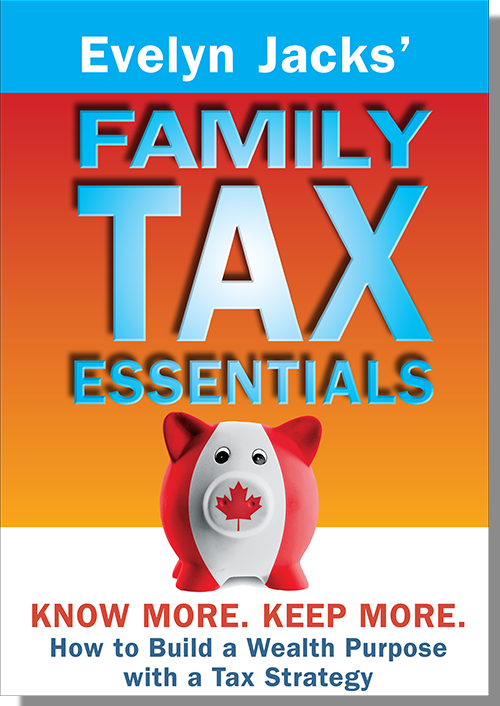Last updated: July 12 2016

Tax Tips: Foreign Asset Reporting
Did you know that as of May 16, 2016, like individuals, corporations can now file Form T1135 Foreign Income Verification Statement, electronically? EFILE has otherwise been allowed for the 2014 and subsequent taxation years for individuals. CRA will also make electronic filing possible for partnerships in the future, but they haven’t released a date yet.
The filings have been the subject of concern for individual Canadian residents as well as shareholders who own assets abroad. They must disclose to CRA whether they had “specified foreign assets” during the year, if the total cost amount at any time exceeded $100,000 Canadian. Values must be expressed in Canadian dollars at the time of transaction, or an average rate for the year, unless an election has been made to report in a “functional currency” which can include the following codes on the form:
AUD – for Australian dollar
USD – for U.S. dollar
GBP – for U.K. pound
EUR – for Euro
The types of assets to be reported on the form T1135 include funds held outside Canada and certain real property situated outside Canada. They can include intangible assets like patents and copyrights held outside of Canada, share of non-resident corporations held by you or a representative and share of Canadian resident corporations held outside the country for you.
Excluded from the foreign disclosure requirements are personal-use properties like a vacation home used primarily for personal use (that is, more than 50% of the time).
 |
Also excluded is property used exclusively in an active business; property in an RRSP, RRIF or a registered pension plan; mutual funds that include foreign investments; property of immigrants (those who file a return for the first time in Canada); and shares in a foreign affiliate.
This form must be filed even if you are not otherwise filing a tax return. A new simplified reporting system was introduced for tax year 2015 for those whose foreign assets are valued under $250,000.
The form must be filed annually by the due date of the tax return (T1 or T2) or partnership information return if the cost of all specified foreign property held at any time in the year exceeds $100,000 (Canadian).
Unsure if you filed correctly or worse, if you missed filing this form? It’s important to contact a DFA-Tax Services Specialist to correct errors and omissions or face penalties that are significant.
©2016 Knowledge Bureau Inc. All Rights Reserved. Used with Permission.






